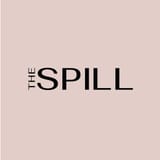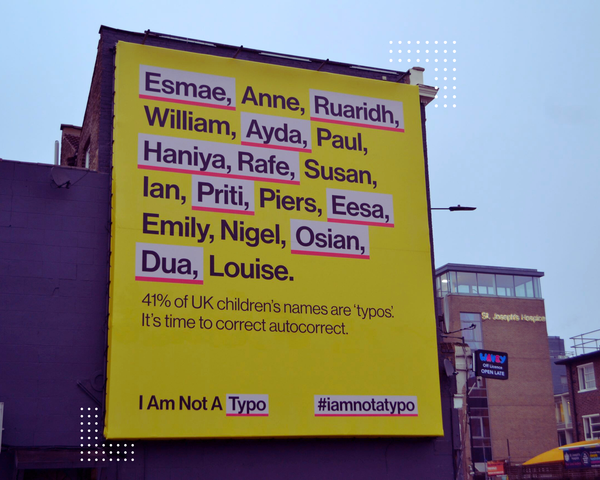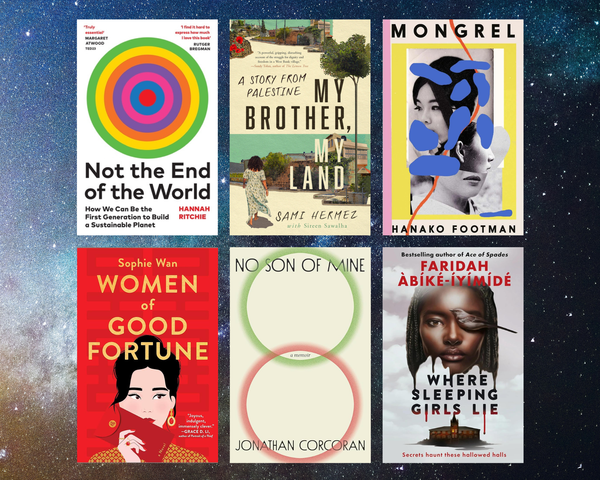Sex, Self-Love, the Environment. Are They All Connected?
With a global market value expected to reach over £25.6 billion by the end of 2023, the sex toy market must embrace sustainable practices fast.

Access the Audio Read version of this article directly on Spotify for Podcasters.
ONS birth data recently revealed that half of Brits were prioritising sex in the months leading up to October. While the idea of a pleasure-centred season sounds appealing, much needs to be improved when it comes to the sustainability of sex and pleasure. For example, our consumption of sex toys, which, as fun as they are, have their own impact on the environment.
Recently, the sex toy market has experienced exponential growth, with a global market value of approximately £23.7 billion in 2022, this figure is expected to rise to around £25.6 billion by the end of 2023. However, this growth has come at a cost to the environment, due to manufacturing materials, product lifespan, and inadequate disposal practices. And it's now estimated that the sex toy industry contributes 222.9 million tonnes of waste annually, a figure which will only increase with demand.
As global awareness of environmental issues continues to grow, it's imperative for the sex toy industry to embrace sustainable practices and promote responsible consumption. Consumers also play a crucial role by making informed purchasing decisions and supporting companies that prioritise sustainability. By advocating for change and demanding more sustainable options, consumers can drive the industry toward reducing its environmental impact.
With this season being one of the busiest times for bedroom antics, Cornwall-based eco-friendly sex toy provider The Natural Love Company has found that the phenomenon tied into the popular term ‘cuffing season’, where singletons seek out romantic relationships in the colder months, driven by a desire for warmth and intimacy. According to Facebook data, people often change their relationship status to "in a relationship" between October and February, and a significant number change it back to "single" in March.
Now, the Company wants to help people have a more sustainable sex life.
The Natural Love Company already offers a recycling scheme to enable customers to send redundant products back to their offices so that they can be processed via e-waste recycling processes and plants a tree for each purchase made on their site.
So when we heard that they had just launched their first range of cork sexual wellness products into the market to accommodate the country’s sexual appetite and help us all have more sustainable sex, we had to ask: are sex, self-love, and the environment all connected?
Turns out, they are. And very intimately so.
The Natural Love Company’s products are made to last with rechargeable batteries to mitigate the ever growing waste issue created by the global sexual wellness industry - but this isn’t an easy feat.
We talked to Ben Foster, Co-founder and Director of The Natural Love Company about sex, self-love, inclusivity, and the environment.
1. What is the story of The Natural Love Company?
About a decade ago, during my university years studying environmental protection, I delved into the environmental impact of the sex toy industry for an assignment. The revelations were pretty shocking. It was evident that this industry had room for more sustainable practices, slightly less so now, but back then there were many ‘single use’ products which had non-rechargeable batteries which couldn’t be changed, all wrapped in heinous amounts of plastic blister-style packaging. With time, the seed of the idea grew, but it wasn't until the pandemic paused my event filming company that the opportunity to turn this vision into a reality arose. Today, we pride ourselves on being a bit of a beacon of sustainability in an industry that has often overlooked its environmental responsibilities.
2. What are your values?
Our values are deeply rooted in sustainability, transparency, inclusivity, and the promotion of self-love. We believe in creating products that not only cater to the pleasure and well-being of our customers but also tread lightly on our planet. Every decision we make, from material sourcing to manufacturing processes, reflects our commitment to these values.
3. What is self-love to you?
Self-love, to us, is the profound acceptance and appreciation of oneself. It's about recognising our worth, embracing our imperfections, and caring for our wellbeing in all aspects – physically, emotionally, and spiritually. Self-love is the cornerstone of a fulfilling life and directly influences how we interact with others and our environment.
4. How would you say self-love is tied to love for the environment?
Self-love and love for the environment are inherently connected. When we value ourselves, we also begin to recognise the value in everything around us, including our planet. By taking care of our personal needs, we become more attuned to the needs of the environment. Ultimately, a genuine love for oneself extends to a love and respect for the world we inhabit.
5. How hard or easy was making your products sustainable?
Making our products sustainable was undeniably challenging. The prevalent norms in manufacturing are not always aligned with sustainability, and going against the grain meant encountering resistance. But, with determination and the invaluable support of our manufacturing partners who shared our vision, we've been able to source sustainable materials and refine our processes. We are still on a journey to perfection, but we are making significant strides towards it.
6. What does inclusivity mean to you and how is this expressed in what you do?
Inclusivity, for us, is about recognising, valuing, and catering to the diverse needs of our community. It means creating products and experiences that resonate with people regardless of their gender, race, sexuality, or ability. This commitment is evident in every facet of our business, from product design to marketing campaigns, ensuring that everyone feels seen, valued, and catered to.
7. What can you say to other self-love and pleasure companies wanting to make their brands more inclusive?
To other brands in the self-love and pleasure space aiming for inclusivity, we'd say: Listen, learn, and iterate. Pay attention to the needs and feedback of your diverse customer base. Continuously educate yourself about different experiences and needs.
For more green and sexy vibes, check out www.thenaturallovecompany.com.





